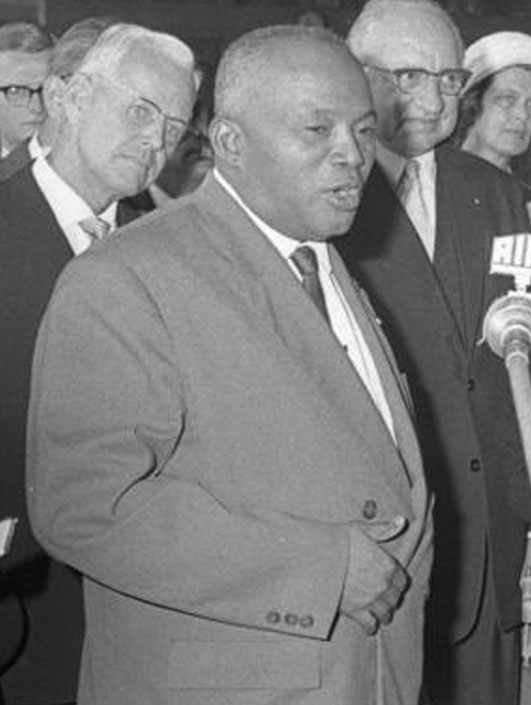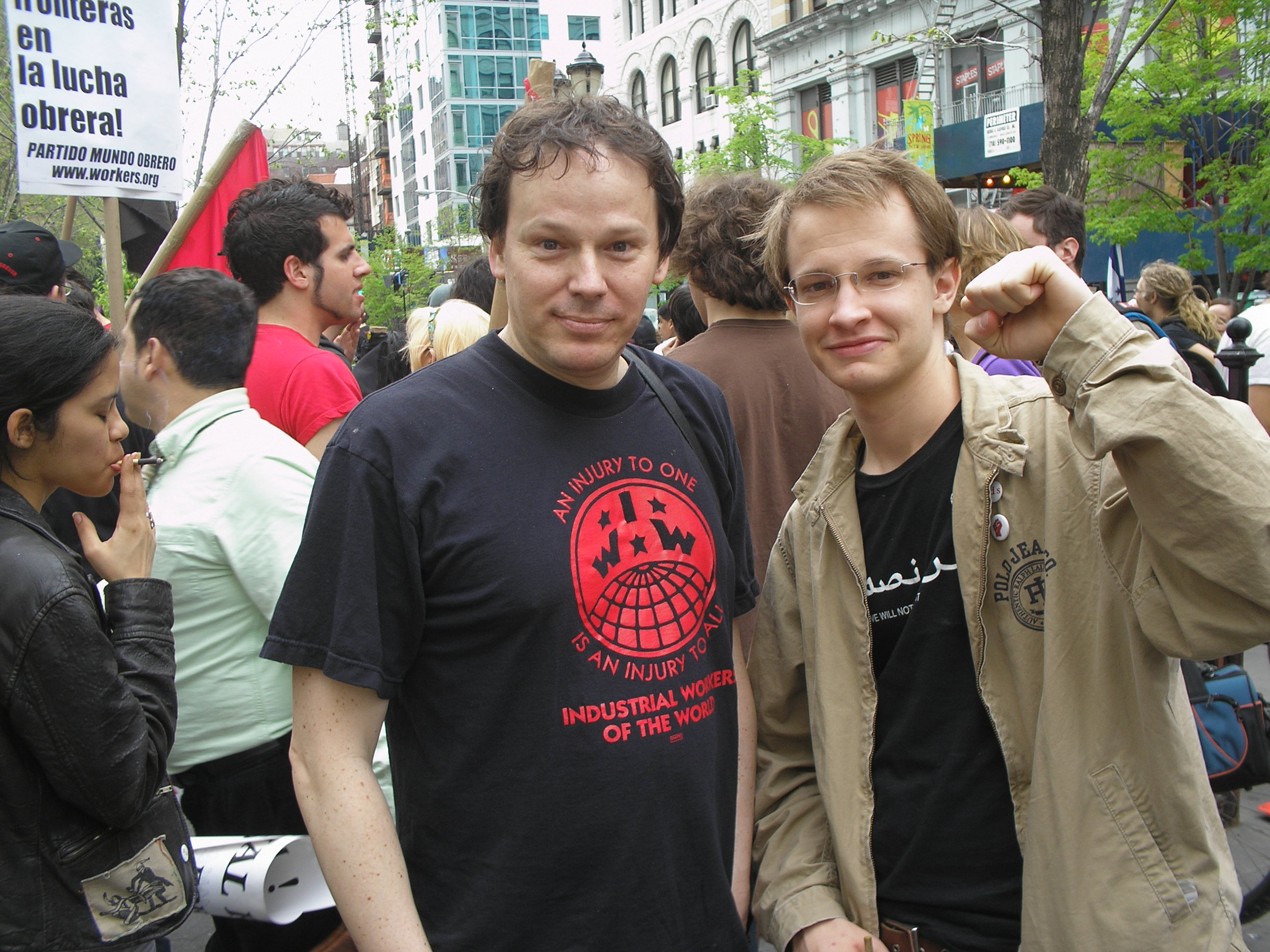|
Tsimihety People Madagascar
The Tsimihety are a Malagasy ethnic group who are found in the north-central region of Madagascar.Tsimihety Encyclopædia Britannica Their name means "those who never cut their hair", a behavior likely linked to their independence from kingdom, located to their west, where cutting hair at the time of mourning was expected. They are found in mountainous part of the island. They are one of the largest Malagasy ethnic groups and their population estimates range between 700,000 and over 1.2 million. This estimation places them as the fourth-largest ethnicity in Madagascar. [...More Info...] [...Related Items...] OR: [Wikipedia] [Google] [Baidu] |
Malagasy Language
Malagasy (; ) is an Austronesian language and the national language of Madagascar. Malagasy is the westernmost Malayo-Polynesian language, brought to Madagascar by the settlement of Austronesian peoples from the Sunda islands around the 5th century AD. The Malagasy language is one of the Barito languages and is most closely related to the Ma'anyan language, still spoken on Borneo to this day. Malagasy also includes numerous Malay loanwords, from the time of the early Austronesian settlement and trading between Madagascar and the Sunda Islands. After c. 1000 AD, Malagasy incorporated numerous Bantu and Arabic loanwords, brought over by traders and new settlers. Malagasy is spoken by around 25 million people in Madagascar and the Comoros. Most people in Madagascar speak it as a first language, as do some people of Malagasy descent elsewhere. Malagasy is divided between two main dialect groups; Eastern and Western. The central plateau of the island, where the capital Antananarivo ... [...More Info...] [...Related Items...] OR: [Wikipedia] [Google] [Baidu] |
Mandritsara
Mandritsara is a city and commune (commune urbain, mg, kaominina) in northern Madagascar. It belongs to the Districts of Madagascar, district of Mandritsara District, Mandritsara, which is a part of Sofia Region. The population of the commune was estimated to be approximately 17,000 in 2001 commune census. Farming and raising livestock provides employment for 40% and 35% of the working population. The most important crop is rice, while other important products are peanuts and cassava. Services provide employment for 25% of the population. Education In addition to primary schooling the town offers secondary education at both junior and senior levels. The Social Sciences Training and Research Unit (UFRSS) is the Mandritsara branch of the University of Mahajanga. Healthcare Mandritsara is home to Hopitaly Vaovao Mahafaly, a hospital which aims to show God’s love to those in need and to proclaim the Gospel of Jesus Christ to every patient. It has 57 inpatient beds, maternity f ... [...More Info...] [...Related Items...] OR: [Wikipedia] [Google] [Baidu] |
Tsimihety People
The Tsimihety are a Malagasy ethnic group who are found in the north-central region of Madagascar.Tsimihety Encyclopædia Britannica Their name means "those who never cut their hair", a behavior likely linked to their independence from kingdom, located to their west, where cutting hair at the time of mourning was expected. They are found in mountainous part of the island. They are one of the largest Malagasy ethnic groups and their population estimates range between 700,000 and over 1.2 million. This estimation places them as the fourth-largest ethnicity in Madagascar. [...More Info...] [...Related Items...] OR: [Wikipedia] [Google] [Baidu] |
Fady (taboo)
In Malagasy culture, ''fady'' () are a wide range of cultural prohibitions or taboos. People, places, actions or objects may be the subject of ''fady'', which vary by region within Madagascar. The taboos are believed to be enforced by supernatural powers, and are particularly connected with Malagasy ancestor worship. Although some are held nationwide, others may be particular to regions, villages or even individual families. ''Fady'' are an integral part of Malagasy identity and play an important part in community and identity formation. The word is a descendant of Proto-Austronesian *''paliSi'' (compare with Malay ''pemali'', Old Javanese ''pali-pali''). Common prohibitions include those against pointing at a tomb, against the eating of eels by pregnant women and, for onlookers, against describing a newborn baby as ugly. New ''fady'' are created constantly. When a new initiative or business is started, a ritual offering (''joro'') must be made to prove that it is not ''fady''. Thos ... [...More Info...] [...Related Items...] OR: [Wikipedia] [Google] [Baidu] |
Austronesia
The Austronesian peoples, sometimes referred to as Austronesian-speaking peoples, are a large group of peoples in Taiwan, Maritime Southeast Asia, Micronesia, coastal New Guinea, Island Melanesia, Polynesia, and Madagascar that speak Austronesian languages. They also include indigenous ethnic minorities in Vietnam, Cambodia, Myanmar, Thailand, Hainan, the Comoros, and the Torres Strait Islands. The nations and territories predominantly populated by Austronesian-speaking peoples are sometimes known collectively as Austronesia. Based on the current scientific consensus, they originated from a prehistoric seaborne migration, known as the Austronesian expansion, from pre- Han Taiwan, at around 1500 to 1000 BCE. Austronesians reached the northernmost Philippines, specifically the Batanes Islands, by around 2200 BCE. Austronesians used sails some time before 2000 BCE. In conjunction with their use of other maritime technologies (notably catamarans, outrigger boats, lashed-lug b ... [...More Info...] [...Related Items...] OR: [Wikipedia] [Google] [Baidu] |
Barito Languages
The Barito languages are around twenty Austronesian languages of Indonesia (Borneo), Southern Philippines, plus Malagasy, the national language of Madagascar. They are named after the Barito River located in South Kalimantan, Indonesia. The Barito subgroup was first proposed by Hudson (1967), comprising the three branches ''East Barito'', ''West Barito'', and ''Mahakam (Barito–Mahakam)''. It is thought by some to be a '' Sprachbund'' rather than a genuine clade. For example, Adelaar (2005) rejects Barito as a valid group despite accepting less traditional groups such as North Bornean and Malayo-Sumbawan. The Malagasy language originates from the Southeast Barito languages, and Ma'anyan is its closest relative, with numerous Malay (close to Indonesian) and Javanese loanwords. It known that Ma'anyan people were brought as labourers and slaves by Malay and Javanese people in their trading fleets, which reached Madagascar by ca. 50–500 AD. Greater Barito Blust (2006) ... [...More Info...] [...Related Items...] OR: [Wikipedia] [Google] [Baidu] |
Malayo-Polynesian Languages
The Malayo-Polynesian languages are a subgroup of the Austronesian languages, with approximately 385.5 million speakers. The Malayo-Polynesian languages are spoken by the Austronesian peoples outside of Taiwan, in the island nations of Southeast Asia (Indonesian and Philippine Archipelago) and the Pacific Ocean, with a smaller number in continental Asia in the areas near the Malay Peninsula. Cambodia, Vietnam and the Chinese island Hainan serve as the northwest geographic outlier. Malagasy, spoken in the island of Madagascar off the eastern coast of Africa in the Indian Ocean, is the furthest western outlier. The languages spoken south-westward from central Micronesia until Easter Island are sometimes referred to as the Polynesian languages. Many languages of the Malayo-Polynesian family show the strong influence of Sanskrit and Arabic, as the western part of the region has been a stronghold of Hinduism, Buddhism, and, later, Islam. Two morphological characteristics of the M ... [...More Info...] [...Related Items...] OR: [Wikipedia] [Google] [Baidu] |
Anarchy
Anarchy is a society without a government. It may also refer to a society or group of people that entirely rejects a set hierarchy. ''Anarchy'' was first used in English in 1539, meaning "an absence of government". Pierre-Joseph Proudhon adopted ''anarchy'' and ''anarchist'' in his 1840 treatise ''What Is Property?'' to refer to anarchism, a new political philosophy and social movement that advocates stateless societies based on Free association (Marxism and anarchism), free and voluntary associations. Anarchists seek a system based on the abolition of all coercive hierarchy, in particular the state, and many advocate for the creation of a system of direct democracy, worker cooperatives or privatization. In practical terms, ''anarchy'' can refer to the curtailment or abolition of traditional forms of government and institutions. It can also designate a nation or any inhabited place that has no system of government or central rule. Anarchy is primarily advocated by individual anar ... [...More Info...] [...Related Items...] OR: [Wikipedia] [Google] [Baidu] |
Anthropologist
An anthropologist is a person engaged in the practice of anthropology. Anthropology is the study of aspects of humans within past and present societies. Social anthropology, cultural anthropology and philosophical anthropology study the norms and values of societies. Linguistic anthropology studies how language affects social life, while economic anthropology studies human economic behavior. Biological (physical), forensic and medical anthropology study the biological development of humans, the application of biological anthropology in a legal setting and the study of diseases and their impacts on humans over time, respectively. Education Anthropologists usually cover a breadth of topics within anthropology in their undergraduate education and then proceed to specialize in topics of their own choice at the graduate level. In some universities, a qualifying exam serves to test both the breadth and depth of a student's understanding of anthropology; the students who pass are pe ... [...More Info...] [...Related Items...] OR: [Wikipedia] [Google] [Baidu] |
David Graeber
David Rolfe Graeber (; February 12, 1961September 2, 2020) was an American anthropologist and anarchist activist. His influential work in economic anthropology, particularly his books '' Debt: The First 5,000 Years'' (2011) and ''Bullshit Jobs'' (2018), and his leading role in the Occupy movement, earned him recognition as one of the foremost anthropologists and left-wing thinkers of his time. Born in New York to a working-class Jewish family, Graeber studied at Purchase College and the University of Chicago, where he conducted ethnographic research in Madagascar under Marshall Sahlins and obtained his doctorate in 1996. He was an assistant professor at Yale University from 1998 to 2005, when the university controversially decided not to renew his contract before he was eligible for tenure. Unable to secure another position in the United States, he entered an "academic exile" in England, where he was a lecturer and reader at Goldsmiths' College from 2008 to 2013, and a profe ... [...More Info...] [...Related Items...] OR: [Wikipedia] [Google] [Baidu] |
Malagasy Republic
The Malagasy Republic ( mg, Repoblika Malagasy, french: République malgache) was a state situated in Southeast Africa. It was established in 1958 as an autonomous republic within the newly created French Community, became fully independent in 1960, and existed until the proclamation of the Democratic Republic of Madagascar in 1975. History After France adopted the Constitution of the Fifth Republic under the leadership of General Charles de Gaulle, on September 28, 1958, a referendum was held in the Colony of Madagascar to determine whether the country should become a self-governing republic within the French Community. The AKFM and other nationalists opposed to the concept of limited self-rule mustered about 25 percent of votes cast. The vast majority of the population, at the urging of the Social Democratic Party of Madagascar and the Comoros (PSD) leadership, voted in favor. The vote led to the election of Philibert Tsiranana as the country's first president on April 27 ... [...More Info...] [...Related Items...] OR: [Wikipedia] [Google] [Baidu] |
Philibert Tsiranana
Philibert Tsiranana (18 October 1912 – 16 April 1978) was a Malagasy politician and leader, who served as the first President of Madagascar from 1959 to 1972. During the twelve years of his administration, the Republic of Madagascar experienced institutional stability that stood in contrast to the political turmoil many mainland African countries experienced in this period. This stability contributed to Tsiranana's popularity and his reputation as a remarkable statesman. Madagascar experienced moderate economic growth under his social democratic policies and came to be known as "the Happy Island." However, the electoral process was fraught with issues and his term ultimately terminated in a series of farmer and student protests that brought about the end of the First Republic and the establishment of the officially socialist Second Republic. The "benevolent schoolmaster" public image that Tsiranana cultivated went alongside a firmness of convictions and actions that so ... [...More Info...] [...Related Items...] OR: [Wikipedia] [Google] [Baidu] |




